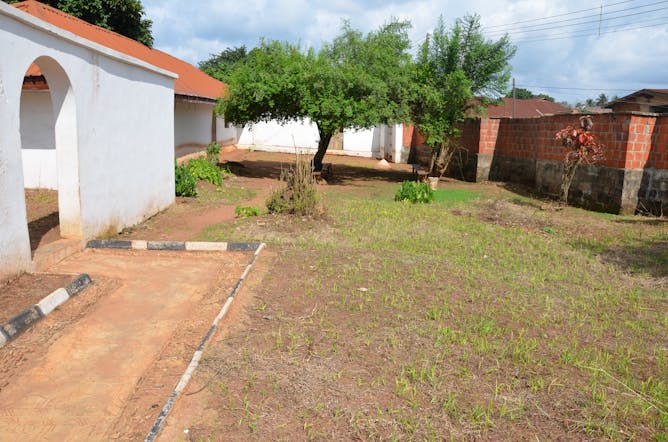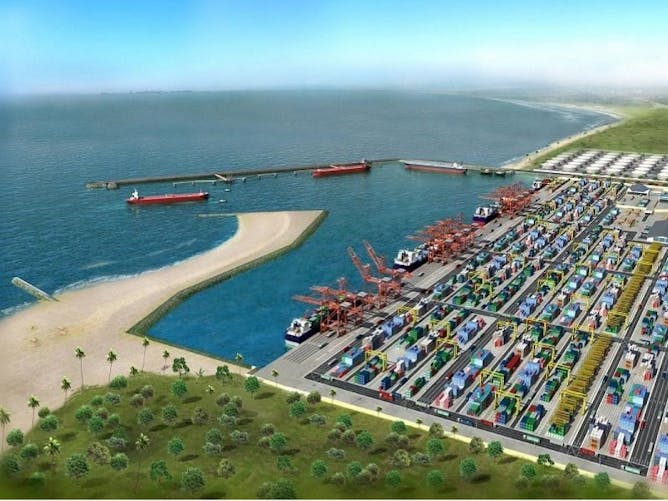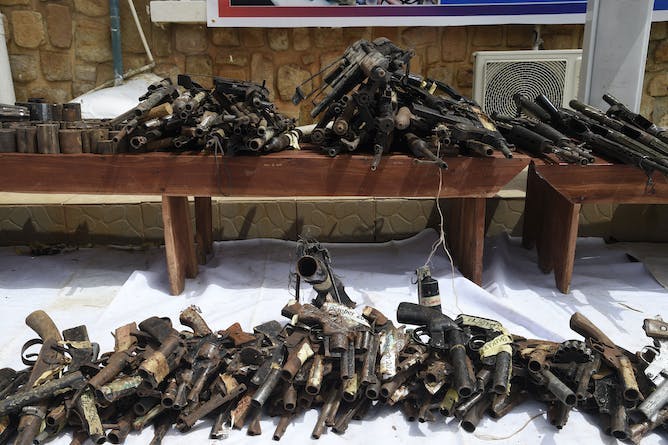|
During times when incomes aren’t rising fast enough to keep up with increases in the cost of living, the temptation can be high to take advantage of offers for a quick buck. And various schemes offering opportunities for making easy money have been a recurring feature of humanity since the advent of money. Social media has magnified these schemes which may appear attractive when one’s income can’t meet one’s needs. Bomikazi Zeka and Abdul Latif Alhassan share
five tell-tale signs of “get-rich-quick” schemes to watch out for.
South Africa’s children have again scored poorly in an international standardised test of literacy: 81% of the country’s grade 4s, who are on average 10 years old, cannot read for meaning. Catherine Kell, Xolisa Guzula, Carolyn McKinney and Robyn Tyler write that the literacy crisis tends to be presented as occurring in a vacuum. But children’s lives outside the classroom play a part too. The authors suggest five ways to help improve reading skills.
|

Bomikazi Zeka, University of Canberra; Abdul Latif Alhassan, University of Cape Town
Avoid ‘get-rich-quick’ schemes. They are, more often than not, bogus and fraudulent business ventures.
|

Catherine Kell, University of Cape Town; Carolyn McKinney, University of Cape Town; Robyn Tyler, University of the Western Cape; Xolisa Guzula, University of Cape Town
These interventions have the potential to boost South African children’s literacy.
|

Akinwumi Ogundiran, University of North Carolina – Charlotte
We need deep-time African urban history and theories to make sense of contemporary urban life and anticipate its future possibilities in African terms.
|

Seth Schindler, University of Manchester; Tom Gillespie, University of Manchester
Infrastructure that links mines to ports isn’t enough – it needs to be accompanied by policies that encourage productive investment in factories.
|

Daniel Banini, Eastern Illinois University
Un manque de légitimité politique peut conduire les gouvernements à acheter illégalement des armes légères et de petit calibre.
|
From our international editions
|
-
Pawan Jain, West Virginia University
Wall Street’s history of embracing high-speed algorithmic trading suggests ChatGPT will pose similar – if bigger – risks to financial markets.
-
Jordi Paps, University of Bristol
The question of how difficult it is for life to emerge is interesting – not least because it can shed some light on the likelihood of finding life on other planets.
-
Emiel de Lange, The University of Edinburgh; Jocelyne Sze, University of Sheffield; Robert Fletcher, Wageningen University
Our research estimates the cost of giving money to people in conservation areas as between $351 billion and $6.73 trillion annually.
-
Leighan M Renaud, University of Bristol; Berny Sèbe, University of Birmingham; Colin Herd, University of Glasgow; Gemma Ballard, University of Sheffield; Kaye Mitchell, University of Manchester; Sukla Chatterjee, University of Aberdeen
Reflecting on themes as diverse as motherhood, war, religion and memory, our experts were impressed by the 2023 shortlist.
|
|